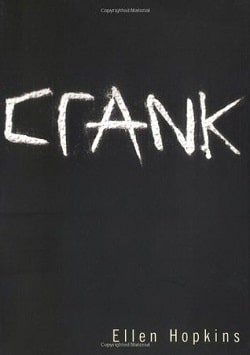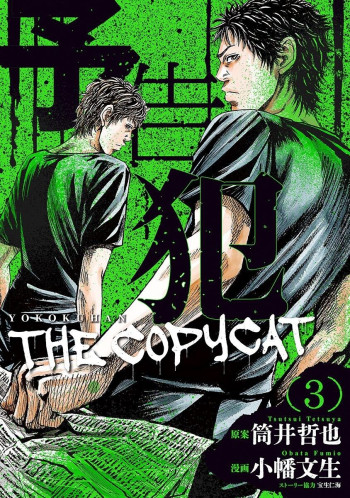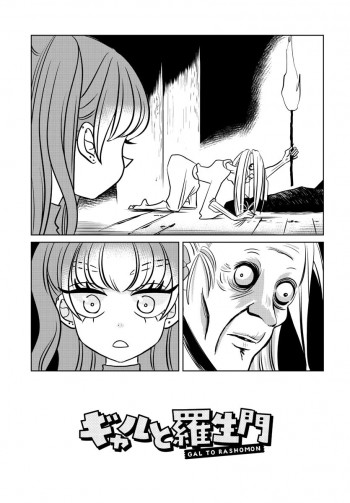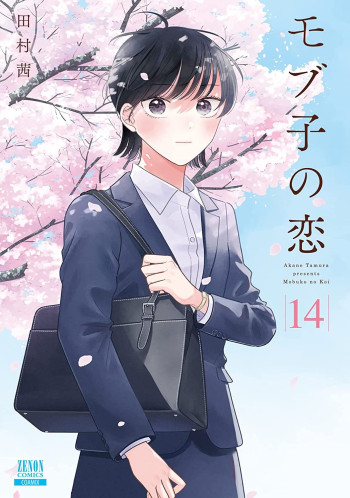Summary

Crank (Crank 1)
by Ellen Hopkins
In Crank, Ellen Hopkins chronicles the turbulent and often disturbing relationship between Kristina, a character based on her own daughter, and the "monster," the highly addictive drug crystal meth, or "crank." Kristina is introduced to the drug while visiting her largely absent and ne'er-do-well father. While under the influence of the monster, Kristina discovers her sexy alter-ego, Bree: "there is no perfect daughter, / no gifted high school junior, / no Kristina Georgia Snow. / There is only Bree." Bree will do all the things good girl Kristina won't, including attracting the attention of dangerous boys who can provide her with a steady flow of crank.
.
Read
Crank (Crank 1) on http://kissnovel.net
Martial Peak Reviews
Ellen Hopkins' Crank is a raw and unflinching exploration of addiction, identity, and the tumultuous journey of a young girl named Kristina, who is ensnared by the seductive and destructive power of crystal meth. Based on Hopkins' own experiences with her daughter, the novel is a poignant and harrowing portrayal of how quickly life can spiral out of control under the influence of drugs.
One of the most striking aspects of Crank is its unique narrative style. Hopkins employs free verse poetry to tell Kristina's story, a choice that adds a lyrical yet fragmented quality to the narrative. This format mirrors the chaotic and disjointed nature of Kristina's life as she becomes increasingly entangled with the "monster." The use of poetry allows Hopkins to convey emotions and experiences in a raw, visceral manner, making the reader feel the intensity of Kristina's highs and the depths of her lows. The brevity of the verses often leaves a lingering impact, forcing readers to pause and reflect on the gravity of Kristina's situation.
The central theme of Crank is the duality of identity, as embodied by Kristina and her alter-ego, Bree. Kristina is initially introduced as a "perfect daughter" and a "gifted high school junior," but the introduction of crank into her life gives birth to Bree, a persona that is daring, reckless, and uninhibited. Bree represents the freedom and rebellion that Kristina craves, but she also embodies the darker aspects of addiction. This duality is a powerful commentary on how addiction can fracture one's sense of self, creating a chasm between who they are and who they become under the influence of drugs.
Hopkins' characterization of Kristina/Bree is both compelling and heartbreaking. As Kristina descends deeper into addiction, the lines between her two identities blur, leading to a loss of control that is both terrifying and inevitable. The transformation is gradual yet relentless, capturing the insidious nature of addiction. Hopkins does not shy away from depicting the consequences of Kristina's choices, illustrating how her relationships with family and friends deteriorate as she becomes more consumed by the monster. The portrayal of Kristina's struggle is honest and unvarnished, making her journey all the more impactful.
Another significant theme in Crank is the influence of family dynamics on Kristina's descent into addiction. Her relationship with her father, who is largely absent and irresponsible, serves as a catalyst for her initial experimentation with crank. This aspect of the story highlights how familial neglect and dysfunction can contribute to a young person's vulnerability to addiction. Hopkins paints a vivid picture of Kristina's longing for connection and approval, which she seeks in all the wrong places. The novel serves as a stark reminder of the importance of family support and communication in preventing and addressing substance abuse.
In terms of its overall impact, Crank is a powerful and thought-provoking read that does not shy away from the harsh realities of drug addiction. Hopkins' personal connection to the story adds an additional layer of authenticity and urgency to the narrative. The book serves as both a cautionary tale and a call to empathy, urging readers to understand the complexities of addiction and the individuals who suffer from it. It is a story that resonates deeply, leaving a lasting impression on those who read it.
When compared to other stories about addiction, such as Jay Asher's Thirteen Reasons Why or Nic Sheff's Tweak, Crank stands out for its poetic format and its focus on the internal struggle of identity. While Asher's work deals with the aftermath of a tragic decision and Sheff's memoir offers a firsthand account of addiction, Hopkins' novel delves into the psychological transformation that occurs when one is under the influence of drugs. The use of an alter-ego to explore this transformation is a unique and effective narrative device that sets Crank apart from other works in the genre.
In conclusion, Ellen Hopkins' Crank is a masterful exploration of the destructive power of addiction and the complex interplay of identity, family, and personal choice. Through her innovative use of free verse poetry, Hopkins captures the raw emotions and experiences of a young girl caught in the grip of the monster. The novel is a poignant reminder of the fragility of life and the importance of understanding and compassion in addressing the challenges of addiction. For readers seeking a powerful and thought-provoking story, Crank is an essential read that will leave a lasting impact.
























Reviews 0
Post a Reviews: